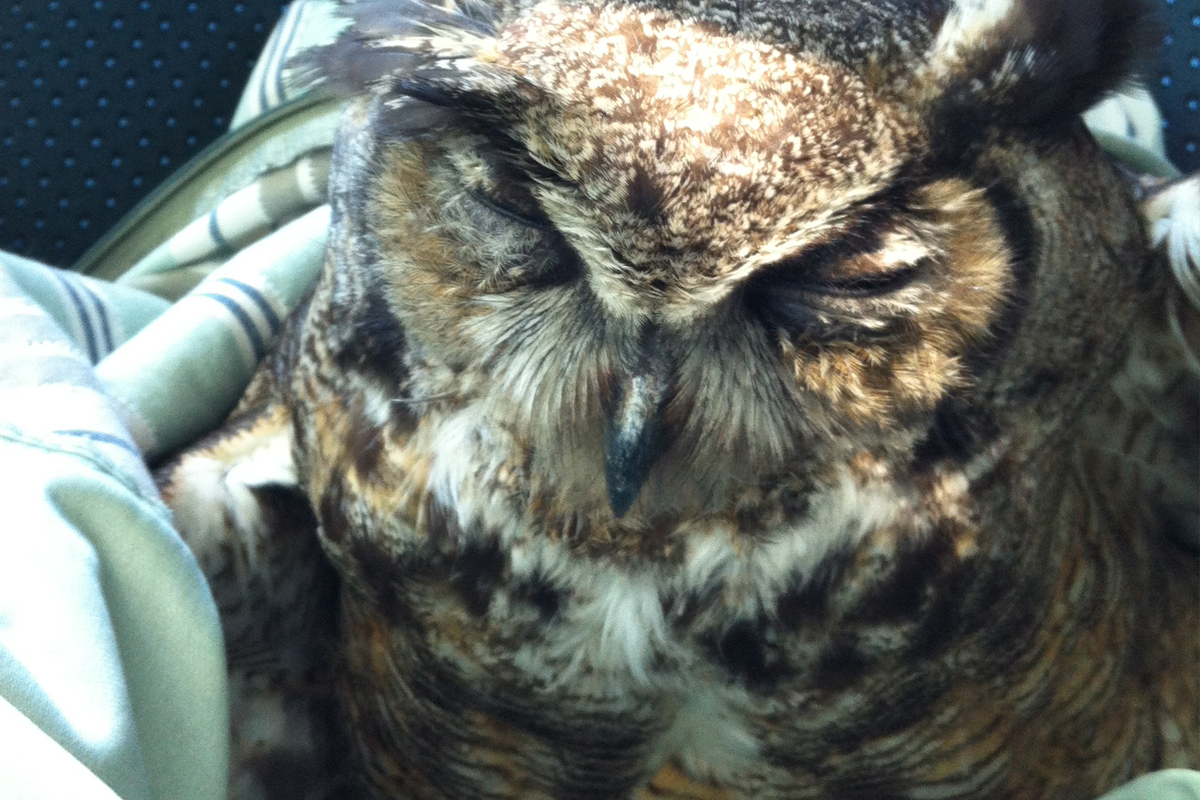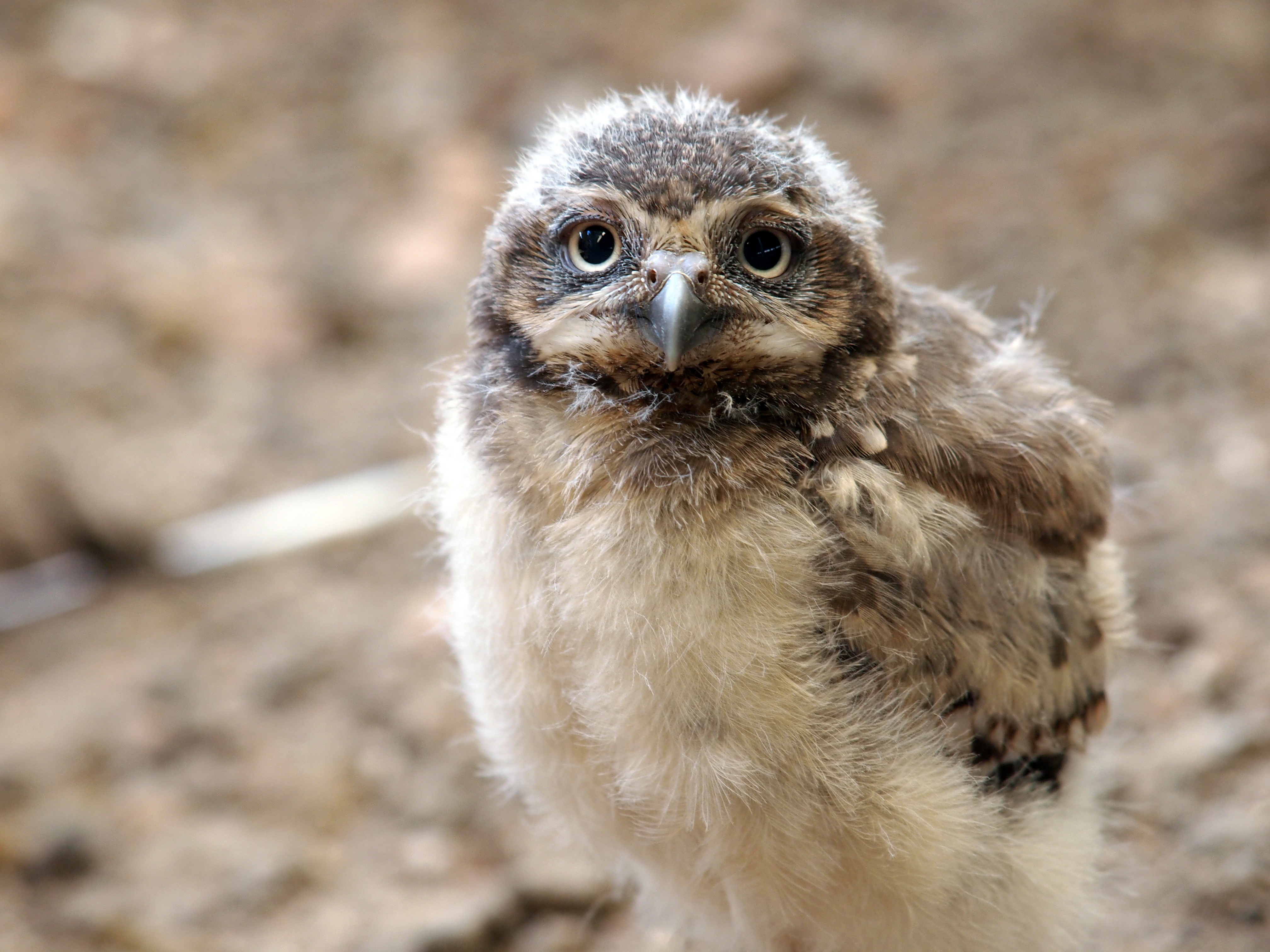Bird & Wildlife Rescues
Saving Injured Birds and Wildlife
From burrowing owls to domestic ducks and entanglements to car strikes, Urban Bird Foundation responds to emergencies when agencies and wildlife hospitals are unable to make field visits. As most wildlife rehabilitation centers and hospitals are primarily volunteer-based, they simply do not have the resources to respond to calls for help or transport injured, orphaned, or sick wildlife. Thus, we have filled a much-needed niche – providing rescue expertise and call responses when concerned people find or encounter birds and wildlife in need, but are ill-equipped to handle the sensitive situations.
Urban Bird Foundation receives more than 1,000 calls and emails per year requesting wildlife help and rescues. We partner with Northern California wildlife rehabilitation and hospitals to directly transport and safely deliver rescued animals for veterinary care. Although our hands-on services are only available in Northern California at this time, we also respond and assist people from across the country who have found and rescued wildlife – providing temporary care instructions and the location of the nearest wildlife rescue facility.

Find an orphaned or injured bird?
Please help us ensure the animal’s safety and return to the wild!

If you find a burrowing owl or other animal you think needs help, do not automatically pick it up. Please check the recommendations below to find out what you should do. If it needs to be brought to a wildlife hospital, keep it in a cardboard box with a lid in a warm, dark, and quiet place until you can bring it to your local wildlife hospital. DO NOT FEED OR HANDLE WILD ANIMALS.
-
Injured Bird: Place a towel or sheet over the bird and gently place it in a secure container (e.g. cardboard box with a lid). Use caution as raptors have very sharp talons and a powerful grip. If you are not comfortable handling the bird, contact your local animal control and ask them to provide assistance and deliver to local wildlife hospital.

Burrowing Owls on the Ground
did you find a young burrowing owl on the ground
Burrowing owls live in burrows and are commonly seen on the ground. There are many different reasons a young burrowing owl might be on the ground or out of its burrow. Like many young birds, burrowing owls love to explore the world outside their burrows, but can easily reunite with their parents who are often nearby. If the owl is alert, has no obvious sign of injury or trauma, and is in a safe environment, leave it alone. The young owl may simply be outside of its nearby burrows. Check the owl a few hours later (or the next day) for signs of parental care. If the owl appears injured, unhealthy or is in an unsafe environment, call your local wildlife hospital for advice BEFORE picking up the owl.

Assess the Situation
Make sure birds need your help before “rescuing” them
Baby Birds Calling from Nest
Fallen Nest
Young Birds on Ground
It's not uncommon for people to witness young birds hopping on the ground and begging for food. Typically, these fledglings do not require any help. Sometimes young birds leave the nest before they are fully ready to fly. Parents will continue to feed their young for a few days until they can fly and look for food on their own. Please observe carefully before you try to “rescue” a bird. If the bird is in immediate danger, please place it under nearby plants. Again, it is important to avoid unnecessary handling or moving young birds from where it was found.
Need a Wildlife Hospital?
Click the links below to locate your nearest wildlife rehabilitation center and hospital

 BirdRescues is a program of Urban Bird Foundation
BirdRescues is a program of Urban Bird Foundation